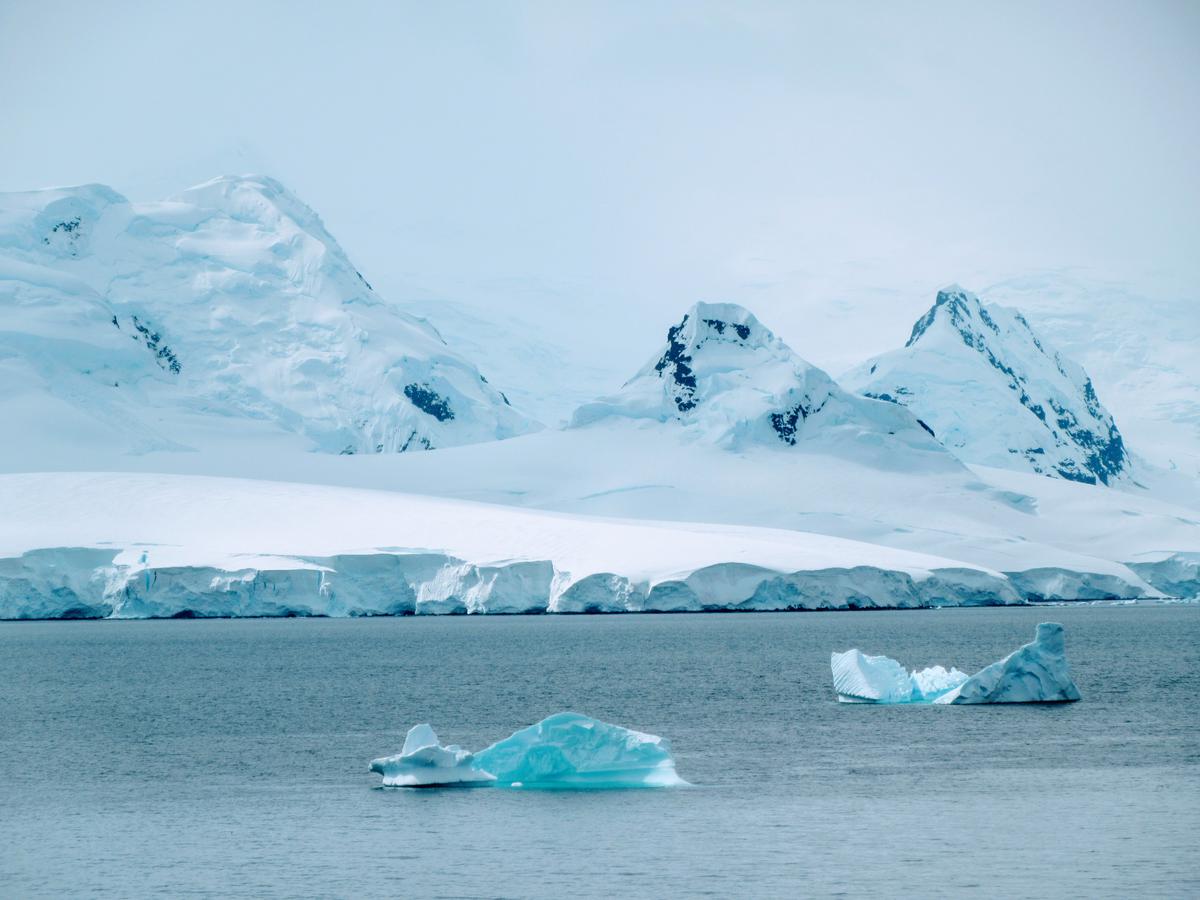
Sediment samples from Antarctica reveal million-year-old DNA
The Hindu
Remains of these marine microorganisms were discovered around 178 m deep in ocean floor sediments in Antarctica.
The DNA of ancient microorganisms estimated to be around a million years old have recently been found in the seafloor of the Scotia Sea near Antarctica.
Remains of marine microorganisms were discovered around 178 m deep in the sediments of the ocean floor in Antarctica during an expedition in 2019. The samples are the oldest authenticated DNA to be discovered till date. Previously, the oldest DNA ever found was 6,50,000 years old, buried within sub-arctic permafrost deposits.
Dubbed sedimentary ancient DNA or sedaDNA, this DNA comes from eukaryotes—organisms whose cells contain a nucleus and membrane-bound organelles. The group of scientists that conducted the study are unsure of the species of these organisms as eukaryotes include animals, plants, fungi and algae.
“The fragments are the oldest authenticated marine sedaDNA discovered to date – and these have been preserved due to factors like very low temperatures and oxygen concentrations, and an absence of UV radiation,” said Dr Linda Armbrecht, a researcher at the Institute for Marine and Antarctic Studies and lead author of the study.
The study, published in Nature Communications, analysed the fragmented DNA samples using a new technique called sedaDNA analysis which helped the scientists understand “what has lived in the oceans” through the various ice-age cycles Earth has experienced.
Also Read | Learning from new life forms
Scientists identified a variety of microorganisms apart from the million-year-old eukaryote, such as 5,40,000-year-old chlorophytes and diatoms—photosynthesising algae found in aquatic and moist environments.

Thomas Jefferson and Abraham Lincoln are two of the greatest presidents that the U.S. has seen. You probably know that already. But did you know that Jefferson made what is considered the first contribution to American vertebrate paleontology? Or that Lincoln is the only U.S. president to receive a patent? What’s more, both their contributions have March 10 in common… 52 years apart. A.S.Ganesh hands you the details…












